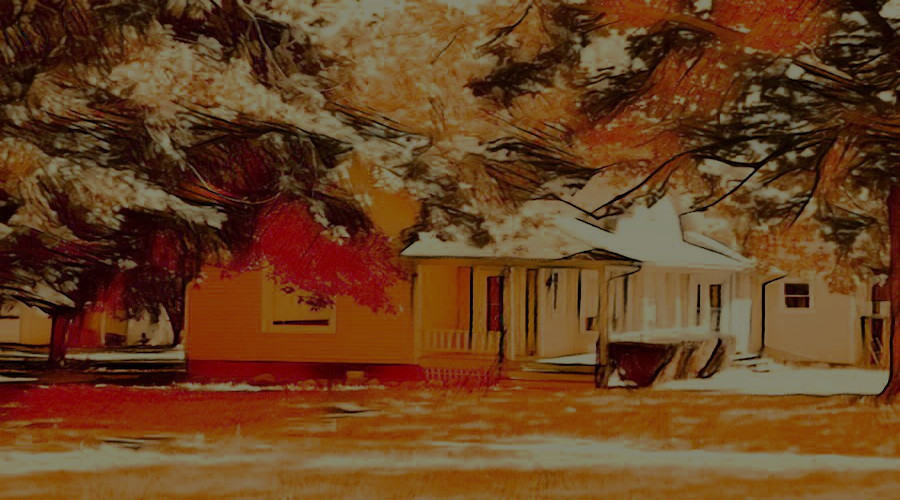Part III: …Don’t judge authors by their skin-color…
I’ve written elsewhere that I don’t believe art should really be fully separated from the artist. But, I don’t think that’s what I’m arguing for now. What I am saying is that we should not use a work of art as a trojan horse proxy for our pre-judgments about the authors (or the social group they’re associated with).
Like Shirley Jackson’s famous short story “The Lottery”, people use complaints of cultural appropriation, aided by social media, as a modern form of cultural stoning. Better to target and set upon a particular author or artist like the proverbial pitchfork-wielding mob than to put all of that energy into creating new institutions or movements that will actually affect the real structural change one claims to care about. Or, I don’t know, maybe go out and write and self-publish your own book?
My brush with this so far is only a few Twitter spats. I argued against some randos who had successfully gotten a white female’s book contract canceled by her publisher because they had read it and found out that her book had a main character of another race. I debated against their failed logic of trying to prevent someone from writing fiction solely because of the color of that author’s skin. (Sorry—I have to keep repeating it, just to try and get my head around the stupidity of it). The various Twitter trolls, in turn, said—just by me presenting an opposing view—that I was displaying my white privilege and even committing violence against them.
Committing violence? This was my introduction to the new, largely Generation Z phenomenon of “narcissism-echoed-via-self-selected-social-media as reality”. That generation’s total lack of anti-fragile resilience and the inability to have a true debate because of their utter aversion to facing any uncomfortable ideas was on full display.
Later, there was even one incident about my work. For me, this was even more surprising, since I hadn’t published it yet. You see, there was this particular agent. For the sake of professionalism, I won’t use her name—or the preferred pronoun I’d really like to use. Alas, after I sent her a query letter, she actually sub-tweeted—without reading one word of my novel— a complaint that my work was cultural appropriation. For her the formula was that simple: White man writes POC main character(s) = Cultural Appropriation.
Look, I’m on the back nine. I thought I’d seen it all. But, this was an entirely new level, or maybe a new type, of anti-intellectualism.
In my previous careers, I’ve worked for a few larger organizations where I was one of the few non-minorities in the entire organization. For example, I’ve been one of only two gentiles in an all-Jewish social service organization, and one of only three Caucasians at a similar “Hispanic” (their preferred word, at the time) agency.
I have to say, the latter especially gave me the experience of being reflexively shunned, discriminated against, and generally despised for no reason beyond the color of my skin. Please note: While it made me feel bad and I grumbled about it at home, I didn’t begrudge that abuse at the time. This is because I understood marginalized folks have a right to be upset. And, I was young (in my early twenties) and stupid, and totally wasted what should have been a marvelous opportunity to try and learn their language and their culture. Were I to do it over today, I would reach out and try to absorb as much of that wonderful culture as I could. Probably (hopefully) that positivity would be reciprocated.
But, at the time, I was focused on a career…I just saw it as a job. And them? as co-workers. And that’s on me. I still feel bad thinking about it.
Still, I can’t help but wonder how many potential allies get turned off by that reflexive attitude of revenge before a person could even extend that gesture? In other words, how many potential allies are lost by being pre-emptively canceled?
So, the answer is ‘yes’ to both. I no doubt unconsciously benefit from white privilege and I certainly feel cultural guilt. But the stories (both the one I’ve lived and the one I’ve written) go deeper than that.
OH, and, while we are looking at the debate around cultural appropriation, we might want to notice– who is really profiting from the turmoil?
—–
A conclusion is next in PART IV.
